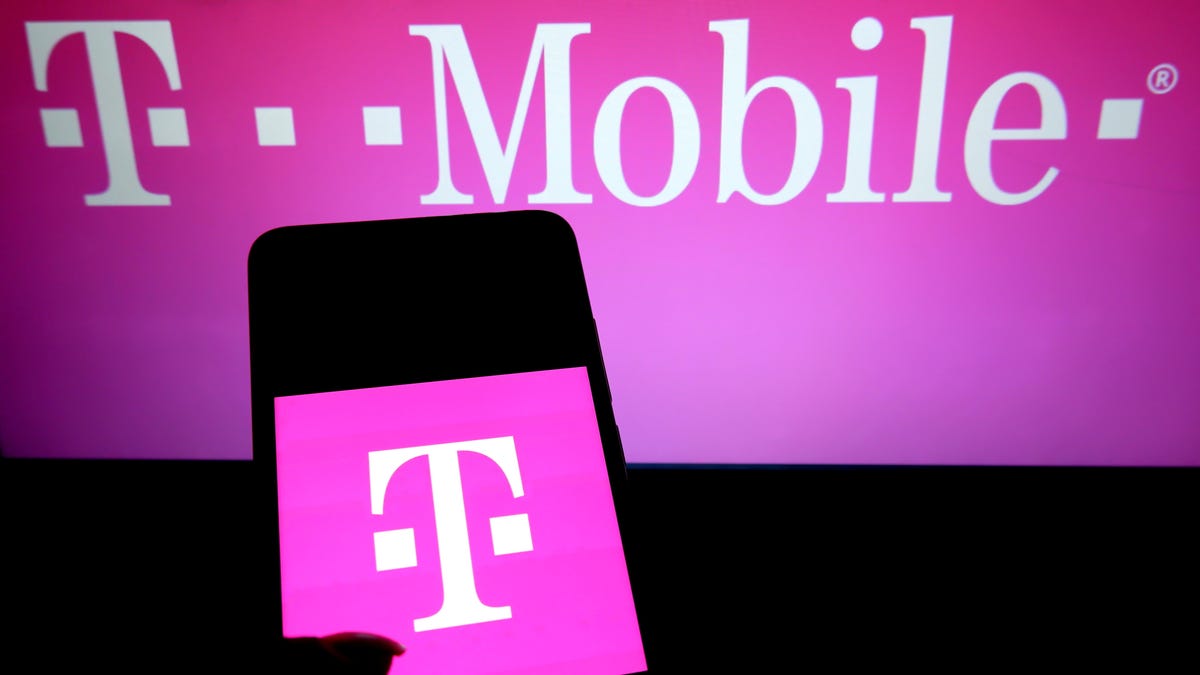T-Mobile and Comcast broaden anti-robocall feature
The companies are using the Shaken/Stir framework to stop spoofed robocalls.

T-Mobile and Comcast have teamed up with voice and messaging services provider Inteliquent to demonstrate the first end-to-end call over three networks using the Shaken/Stir framework, which validates where calls originate. The news is a big step forward in implementing the technology, which many hope will slow the growing pace of annoying robocalls.
The companies say they've worked out the technical details to ensure that the numbers displayed on a call get verified as that call gets routed over Inteliquent's network, as well as directly between T-Mobile and the Xfinity Voice landline phone service.
"Scammers and spoofers are a scourge on the industry, and at T-Mobile, we're using every tool available to fight against these bad guys on behalf of consumers," John Legere, CEO of T-Mobile, said in a statement.
In April, T-Mobile and Comcast were the first communications companies to show interoperability using the Shaken/Stir framework. In January, T-Mobile became the first wireless company to apply the Stir/Shaken standards after launching Caller Verified on the Samsung Galaxy Note 9. Comcast announced it was using the Shaken/Stir technology for all Xfinity Voice home phone subscribers.
Robocalls are a huge problem. Americans received nearly 50 billion robocalls last year, according to a Federal Communications Commission report released in February. Nearly 50% of those calls were from scammers. And the rate is increasing, experts say.
Robocalls use autodialers and recorded messages to make millions of phone calls. One of the most common scams involves so-called "neighbor spoofing," in which scammers hijack a phone number to match the area code and three-digit prefix of the person they're targeting. This tricks people into answering their phones since people are more likely to answer calls from numbers that look familiar.
Also as part of Thursday's news, T-Mobile announced that its implementation of Shaken/Stir is available across 17 phones, with more coming soon.

